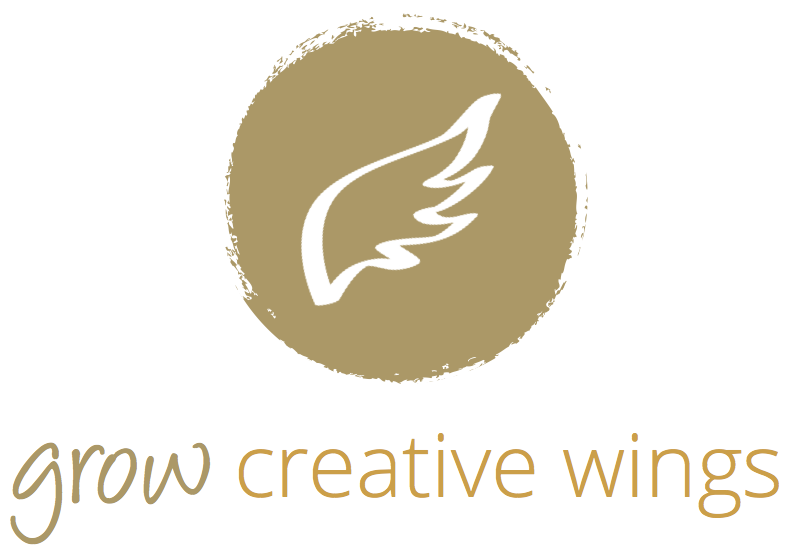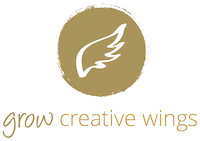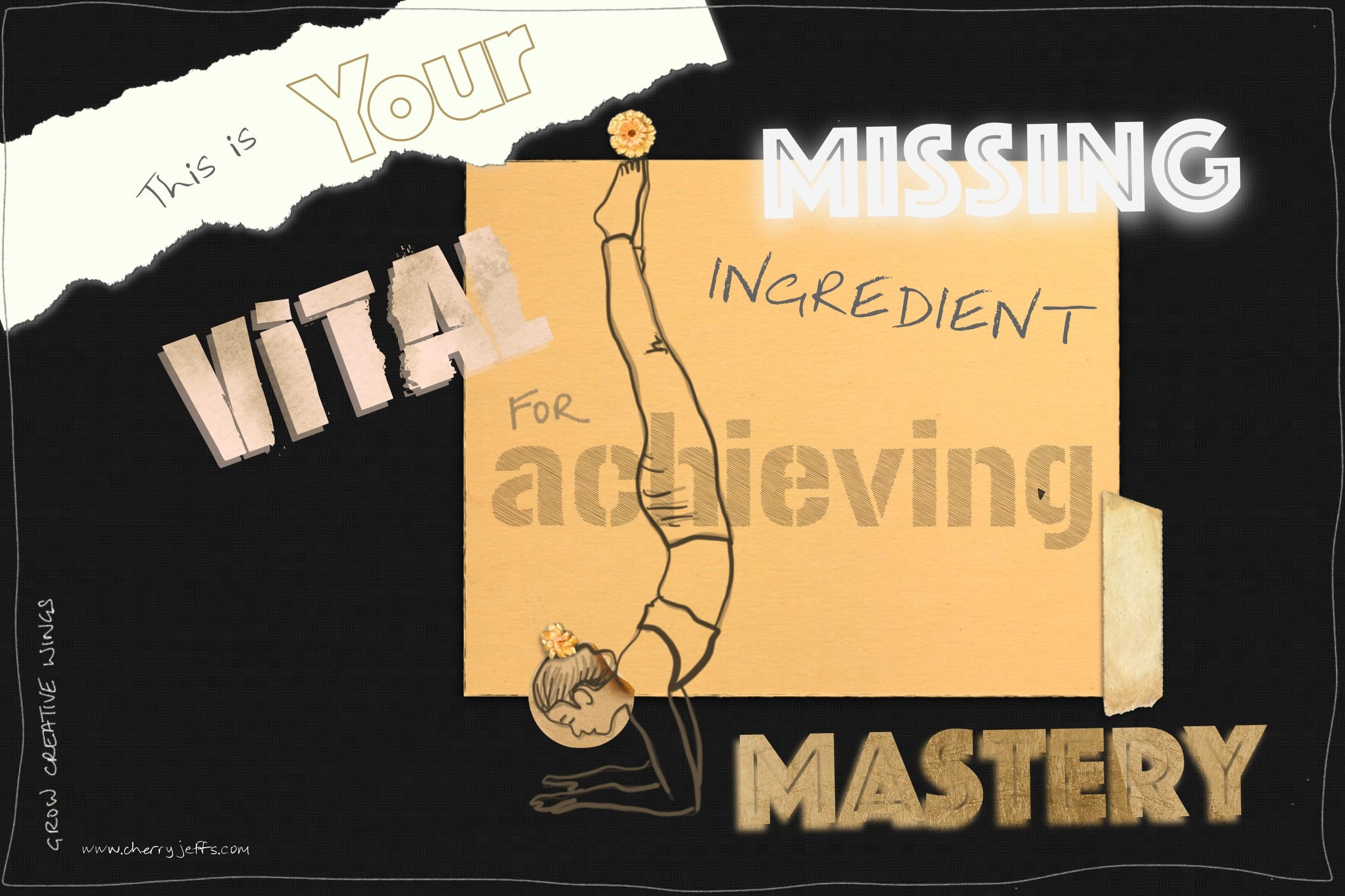This is Your Vital Missing Ingredient for Achieving Mastery
“I want to improve my clarinet playing,” my friend said. “I’m going to practice an hour every day.”
“That’s not enough by itself,” I said.
“Well maybe some days I could manage two hours...” he mused.
But more time isn’t what I meant. (Although of course it wouldn’t hurt.)
But surely practice makes perfect, right? Well, yes, but not without this vital ingredient.
It's not enough to practice each day if you're not deliberate about your practice or as I prefer to call it intentional.
So what exactly is deliberate or intentional practice?
“...deliberate practice requires that one identify certain sharply defined elements of performance that need to be improved, and then work intently on them.
The great performers isolate remarkably specific aspects of what they do and focus on just those things until they’re improved; then it’s on to the next aspect.””
Intentional practice means you have a strategy for what you practice and how your practice it. In other words you have a practice plan.
The 3 Components of a Practice Plan
To be successful, your practice plan needs to incorporate these three elements:
• deciding what and how you're going to practice
• being aware during your practice
• reviewing and assessing your practice
We’ll start with the last one first. Because you can’t decide what and how to practice if you don’t know where your weaknesses are.
1. Review and assess your creative practice
To begin with, you’ll need to take a long, hard look at your skill-set and where the gaps are in terms of your long-term aims.
That’s right. You’re not simply going to focus on what you’re not doing well. You’re need to evaluate how important each element is to your overall plan.
For example, you might want to make wall-sized artworks. But you recognise that though your drawing is fantastic, your painting skills leave a lot to be desired. So you’ve got two choices. One is to learn to paint better. The other is to capitalise on your brilliant drawing using a medium other than paint to make your wall-sized works.
(See the amazing works of Heather Hansen, Zaria Forman and Judith Braun to see what I mean.)
Either way, assessing your weakness in view of your overall career plan is going to show you where you’ll need to focus.
If you still want to become a better painter, that’s what you’re going to need to practice.
If you’re going to fill walls with giant pastel drawings, you better be sure you know what kind of pastels you’re going to use, what kind of paper you’re going to do them on and how to fix them so they don’t rub off on passers by.
“Mastery is in the reaching, not the arriving. It’s in constantly wanting to close that gap between where you are and where you want to be.”
ART HISTORIAN
Embrace The Near Win (TED Talk)
2. Decide what to practice and how
Once you have a clear idea of the area(s) on which you need to focus your practice sessions, it's helpful to break down your practice areas even further.
Which pastels will you begin experimenting with? And on which papers? Will you practice using one kind, and stretch its limits as far as you can before moving on to the next? Or will you try two or three before choosing one to focus on?
When you're setting your goals for your practice, you have to make sure that you're pushing yourself just outside your comfort zone. Otherwise you'll just reinforce what you already know how do, instead of pushing yourself into more challenging areas.
At the same time, cultivate an attitude of enthusiasm towards this practice. This is what is going to propel you forward to where you want to be!
3. Observe yourself as you practice
Any creative activity involves:
• stretches of deep immersion when you’re unaware of the external world
• moments of stepping back and looking at what you made and
• times when you’re hovering between those two states, with a subliminal awareness of what you’re doing.
The moments of subliminal awareness are what you need to cultivate when you’re practicing to improve. At these times, ideas and feelings will float to the surface.
“These pastels make it so much easier to do fine lines,” you might think. “But I need to break them in half and rub them in with my fingers to get the right effect over large areas.”
Or:
“I still can’t get the green’s I want using this brand...What if I were to do a faint layer of raw umber first?”
The ideas that come up in these moments of semi-subliminal self-observation are the seeds for improving your practice. Take a moment to scribble them down in a notebook or record them into your phone for later reference.
Back to 1. Review and assess your creative practice - again!
Didn’t we just do this? Of course we did. But reviewing and assessing your creative practice isn’t a one-off affair. You’re going to be improving after all this practice, right? So at the end of each week and month, you’ll need to reassess how you’re doing in order to create a plan to take yourself to the next level.
As in the initial assessment, you need to keep your long-term goals in mind, but you’ll also find yourself getting increasingly more specific about what your practice needs are. This is where the studio notes you took will come into their own.
I suggest devising a set of questions that you can ask yourself each time you review. You can adjust them as you go along.
Phrase these questions in a positive format. When we ask ourselves positive questions we get helpful, proactive responses. These positive responses motivate us to:
• find new ways to work
• find the energy to improve
• feel excited about what we going to do
Examples might be:
“How have I improved in my practice this week?”
“What new technique have I learned that has helped me get closer to the look I want?”
It’s also really useful to have external feedback from coaches, mentors and peers. But this feedback should be periodic. It should supplement rather than replace your own insights about your practice. This is your path.
A big part of improving is learning to listen to yourself in order to discover your ideal creative direction. Too much external opinion can interfere with that. As can feedback that isn’t specific enough. Look for a healthy balance between your own insights and those of trusted critics.
“Seek expert feedback, in intermittent doses. The simpler and more precise the feedback, the more equipped you are to make adjustments. Too much feedback, too continuously, can create cognitive overload, increase anxiety, and interfere with learning.”
Be intentional about your practice
So if you really want to get better at your chosen art-form, it’s time to start being intentional about your practice:
• Decide what and how you're going to practice
• Be aware during your practice
• Review and assess your practice
You'll be amazed at how much progress you can make in a relatively short time when you take this deliberate approach to your practice.




